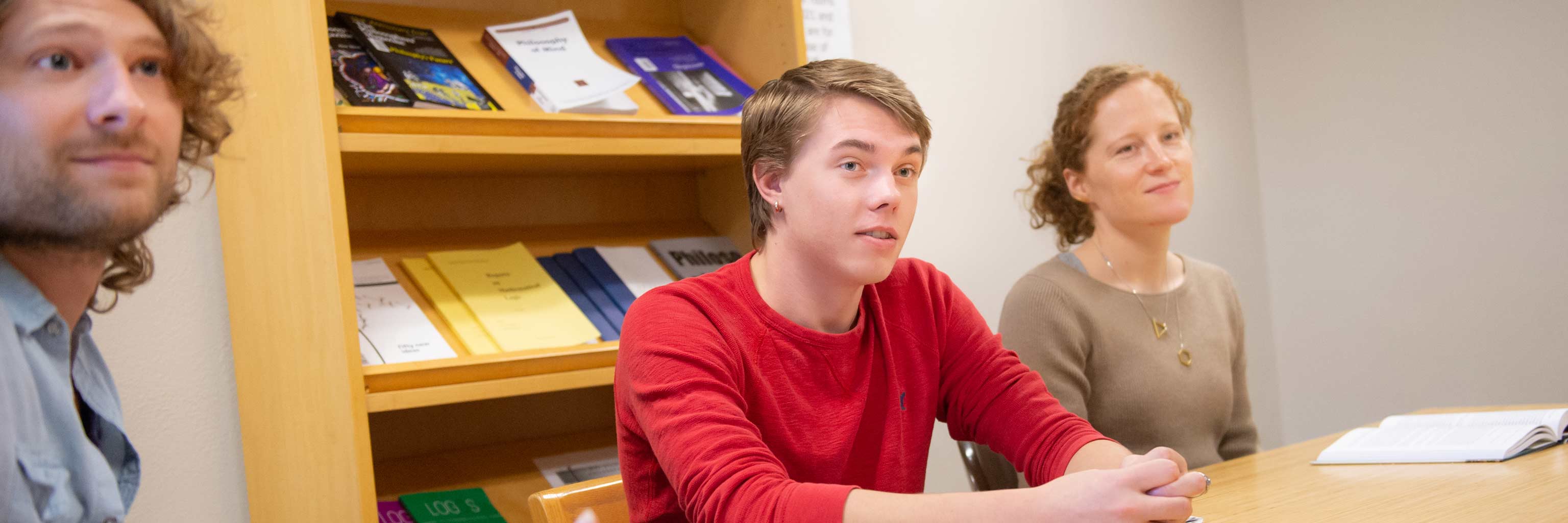How ought one to live? How should we treat one another? These are the fundamental questions of ethics.
Ethics involves the systematic study of key concepts such as justice, moral obligation, rights, and responsibility. In the study of ethics, we formulate and critique moral principles, imagine and critically evaluate different ways of organizing social life, and analyze real-world problems and the difficult issues we encounter in daily living.

 The College of Arts
The College of Arts